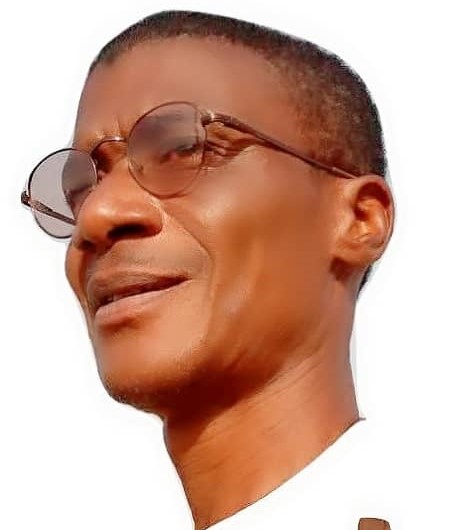As we stand on the precipice of 2027, the political atmosphere of Nigeria is rife with agitation, but the motivations behind this unrest reveal a troubling trend. The calls for change, the protests in the streets, and the political maneuvering we witness are not driven by the genuine interests of the common people. Instead, they are often orchestrated by individuals and parties—whether it be the All Progressives Congress (APC), the People’s Democratic Party (PDP), the Labour Party (LP), or the so-called Social Democratic Party (SDP)—who are motivated by personal interests, political ambitions, vendettas, and an insatiable greed for power.
The figures at the forefront of this political drama—leaders like Bola Ahmed Tinubu, Atiku Abubakar, Nasir El-Rufai, Rabiu Kwankwaso, Yakubu Dogara, Bukola Saraki, Nyesom Wike, and Kashim Shettima—are emblematic of a political class that has been entrenched in Nigerian politics for decades. They have navigated the corridors of power, wielding influence and authority, yet their actions often reveal a disconnect from the very citizens they claim to represent. The cycle of political ambition is self-perpetuating; these leaders are not merely figures of the past but continue to shape the future, often at the expense of the populace.
The motivations behind the political agitation we see today are multifaceted. Many of these leaders are driven not by a desire to uplift the common man but by personal vendettas and the pursuit of power. The political climate is littered with individuals who have made careers out of political maneuvering, often engaging in backroom deals and power plays that serve their interests rather than those of the people. The calls for change, therefore, become mere slogans, hollowed out by the self-serving nature of those who promote them.
Take, for instance, the political maneuvering around the upcoming elections. The rhetoric of change is often utilized as a tool to mobilize the masses, but the reality is that the same players are in the game, recycling old strategies and promises that have failed to materialize in the past. The APC, PDP, LP, and SDP may present themselves as distinct entities, yet they share a common thread: a disregard for the needs of the average Nigerian. Their leaders, whether it be Tinubu or Atiku, often seem more concerned with securing their political legacies and personal wealth than addressing the pressing issues of poverty, unemployment, and insecurity that plague the nation.
This political theater is further complicated by the presence of political dynasties and influential families that dominate the scene. The likes of Saraki and Wike have established strongholds that allow them to manipulate the political narrative to their advantage, often sidelining fresh voices and genuine reformers. The result is a political environment that is resistant to change, where the same faces reappear with the same promises, leaving the electorate disillusioned and frustrated.
The greediness that permeates the political class cannot be overlooked. The quest for power often translates into a scramble for resources, with politicians placing priority on their financial gain over the welfare of their constituents. This is evident in the allocation of public funds, where corruption and mismanagement have become the order of the day. The common people, who are in dire need of basic services and infrastructure, find themselves perpetually let down by a system that favors the interests of a few over the collective good.
As we look ahead to 2027, it is important to recognize that the agitation we see is not merely a cry for change but a reflection of the systemic failures that have persisted for years. The political class of yesterday, today, and tomorrow must be held accountable for their actions. It is time for the electorate to demand more than just empty promises and political posturing. The call for genuine reform must come from a place of collective action, where the voices of the common people rise above the self-serving agendas of those in power.
The political landscape of Nigeria as we approach 2027 is fraught with challenges, primarily stemming from a leadership that is more interested in personal gain than in serving the public. The figures who have dominated the scene for years must be scrutinized and challenged, as they continue to perpetuate a cycle of disillusionment and frustration among the populace. The time has come for a political bombshell, a call to ballots for the common people to reclaim their voice and demand accountability from those who have long held the reins of power. Only then can we hope to forge a path toward a more equitable and just society.


